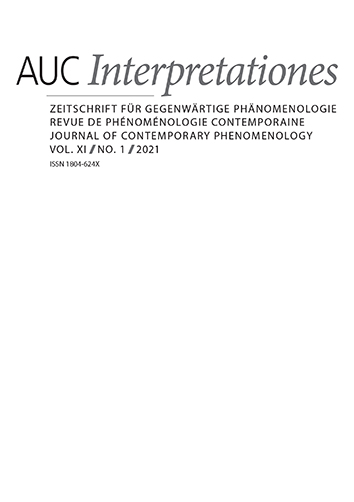AUC INTERPRETATIONES, Vol 9 No 2 (2019), 58–76
Technique et nouvelle sensibilité dans l’œuvre de Herbert Marcuse
[Technique and new sensibility in the work of Herbert Marcuse]
Juliano Bonamigo Ferreira de Souza
DOI: https://doi.org/10.14712/24646504.2021.5
published online: 13. 07. 2021
abstract
The article focuses on the role played by the critique of technology in the thought of German philosopher Herbert Marcuse (1898–1979). We argue that Marcuse has developed not only an important criticism of modern technology but also an original theory on the new possibilities of technique, based on the concept of new sensibility, developed mainly in the books An Essay on Liberty (1969) and Counterrevolution and Revolt (1972). On the basis of this hypothesis, our essay first pays particular attention to Marcuse’s analysis of instrumental rationality, where we show that according to the author’s perspective, despite technology’s use for instinctive domination, it carries emancipatory possibilities. In the second part, we analyse the Economic and Philosophic Manuscripts of 1844, from Karl Marx, pointing that his proposition of a freed sensibility in human’s relation to nature deeply contributes to Marcuse’s perspective of emancipation. Finally, we analyse Marcuse’s thesis developed during the 1960’s and 1970’s, showing how the author builds the proposition of new sensibility in relation to emancipatory possibilities of imagination, arguing that his analysis leads to a new form of science and to a new approach to nature.

Technique et nouvelle sensibilité dans l’œuvre de Herbert Marcuse is licensed under a Creative Commons Attribution 4.0 International License.
148 x 210 mm
periodicity: 2 x per year
print price: 180 czk
ISSN: 1804-624X
E-ISSN: 2464-6504
